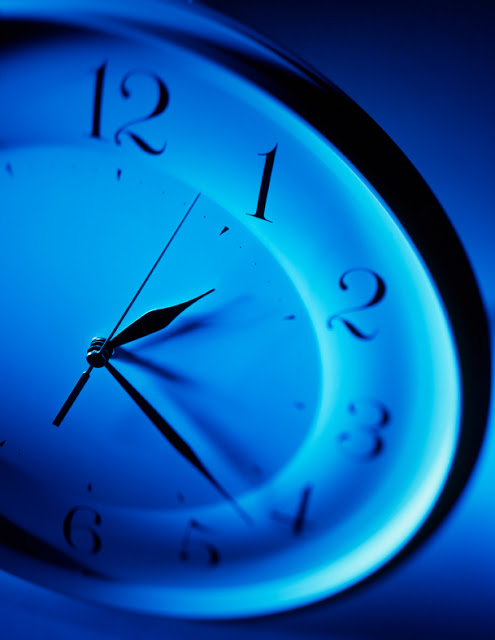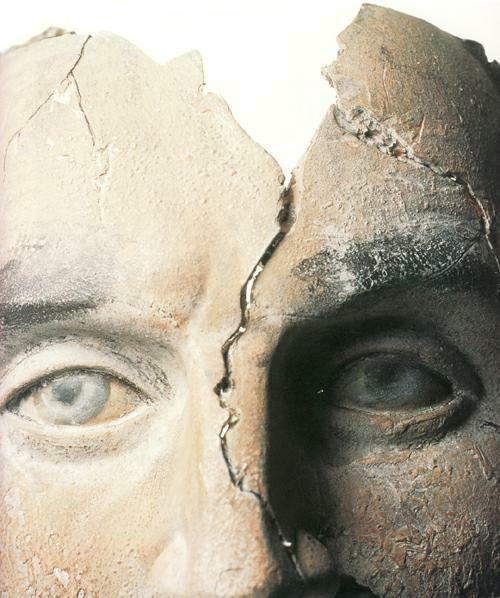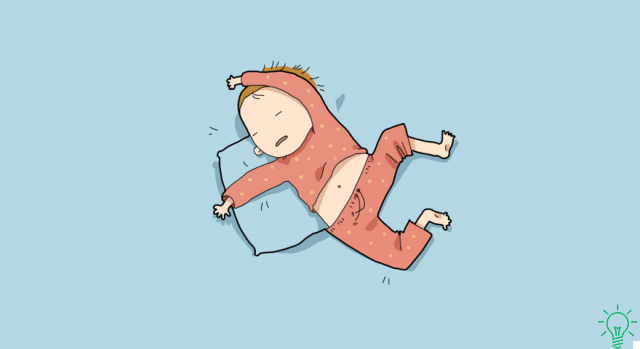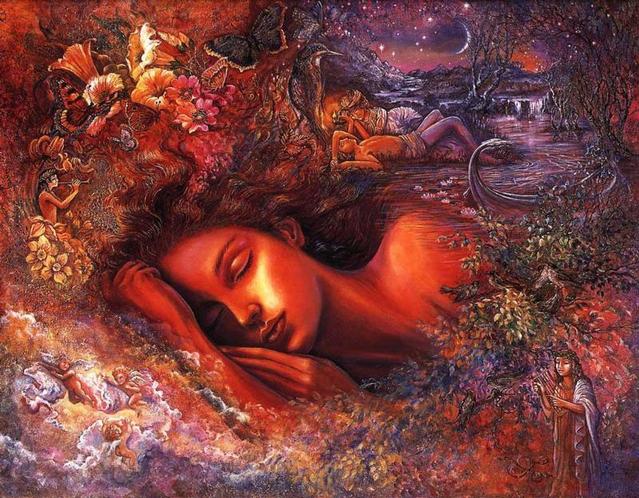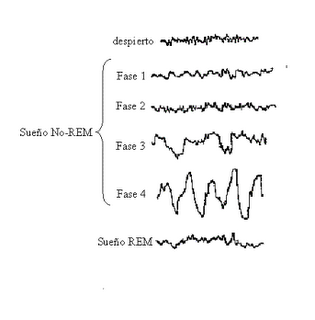 Sleep is a natural and adaptive phenomenon and like all phenomena with these characteristics it has important functions for a person's life. During sleep we physically recover from the fatigue accumulated during the day, the mind rests from a day full of countless stimuli, the information learned is consolidated and irrelevant information is eliminated. The most recent research affirms that sleep is also fundamental in propitiating creativity and imagination. All this is possible because sleep is organized in cycles in which we go through different physiological states. Furthermore, it is important to remember that during sleep there is no need for a total cessation of brain activity but rather a different type of activity takes place controlled by the nuclei of the reticular formation, the hippocampus and the thalamus. Sleep was considered to have 5 stages. Four of these are stages NREM (Not Rapid Eyes Movment) and their characteristic is that a circular movement of the eyes is highlighted. The first phase consists of a transition from the waking state to sleep. We feel relaxed and thoughts and images are more and more widespread. In this phase, we can regain attention at any moment, such as when we hear a very loud noise, for example. As one passes from one phase to another, sleep gradually deepens. In phase 4, which is reached more or less an hour after falling asleep, we are completely relaxed and quite insensitive to external stimuli. After a period, sleep returns to its initial stages in descending order by completing various cycles throughout the night. About an hour and a half after falling asleep the first sleep appears REM of the night. As these cycles occur we spend more time in sleep REM, that is, dreaming, and less in the stages of I am deep. Also, in the last few cycles we don't reach the deepest level, phase 4, spending much more time in phase REM. On a normal night of sleep we go through 4 to 5 phases REM, which means we dream four or five times every night even though we don't usually remember it. The phase REM it is the period of sleep in which dreams occur most frequently for this reason if something wakes us up in this phase, we normally remember what we were dreaming of. Some very sensitive people usually have a slight headache all day if they are awakened during sleep REM. The phase REM, without a doubt, it is the one that has most attracted the attention of researchers. The first sleep in this phase lasts approximately three minutes, the second about 10 minutes and the third much longer. The last sleep REM of the night can last up to an hour. However, most of the time we perceive that dreams are extremely fleeting. Even so there are researchers who ensure that the time we spend in sleep REM it is much greater, about two and a half hours during the whole night. The sleep REM, is more related to the process of psychic reparation since this becomes more relevant to the extent that the body is recovering. During this phase there is almost no muscle tone, minimal possibility of response to external stimuli, fluctuations in heart rhythm and changes in blood pressure. When we wake up we can't remember even 20% of what we dream, but even so we worry about the meaning of our dreams.
Sleep is a natural and adaptive phenomenon and like all phenomena with these characteristics it has important functions for a person's life. During sleep we physically recover from the fatigue accumulated during the day, the mind rests from a day full of countless stimuli, the information learned is consolidated and irrelevant information is eliminated. The most recent research affirms that sleep is also fundamental in propitiating creativity and imagination. All this is possible because sleep is organized in cycles in which we go through different physiological states. Furthermore, it is important to remember that during sleep there is no need for a total cessation of brain activity but rather a different type of activity takes place controlled by the nuclei of the reticular formation, the hippocampus and the thalamus. Sleep was considered to have 5 stages. Four of these are stages NREM (Not Rapid Eyes Movment) and their characteristic is that a circular movement of the eyes is highlighted. The first phase consists of a transition from the waking state to sleep. We feel relaxed and thoughts and images are more and more widespread. In this phase, we can regain attention at any moment, such as when we hear a very loud noise, for example. As one passes from one phase to another, sleep gradually deepens. In phase 4, which is reached more or less an hour after falling asleep, we are completely relaxed and quite insensitive to external stimuli. After a period, sleep returns to its initial stages in descending order by completing various cycles throughout the night. About an hour and a half after falling asleep the first sleep appears REM of the night. As these cycles occur we spend more time in sleep REM, that is, dreaming, and less in the stages of I am deep. Also, in the last few cycles we don't reach the deepest level, phase 4, spending much more time in phase REM. On a normal night of sleep we go through 4 to 5 phases REM, which means we dream four or five times every night even though we don't usually remember it. The phase REM it is the period of sleep in which dreams occur most frequently for this reason if something wakes us up in this phase, we normally remember what we were dreaming of. Some very sensitive people usually have a slight headache all day if they are awakened during sleep REM. The phase REM, without a doubt, it is the one that has most attracted the attention of researchers. The first sleep in this phase lasts approximately three minutes, the second about 10 minutes and the third much longer. The last sleep REM of the night can last up to an hour. However, most of the time we perceive that dreams are extremely fleeting. Even so there are researchers who ensure that the time we spend in sleep REM it is much greater, about two and a half hours during the whole night. The sleep REM, is more related to the process of psychic reparation since this becomes more relevant to the extent that the body is recovering. During this phase there is almost no muscle tone, minimal possibility of response to external stimuli, fluctuations in heart rhythm and changes in blood pressure. When we wake up we can't remember even 20% of what we dream, but even so we worry about the meaning of our dreams.







